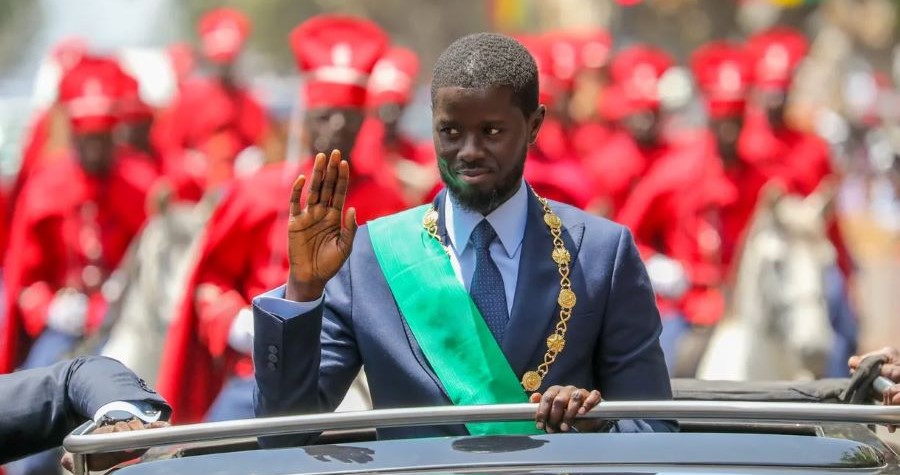(4 Minutes Read)
Nestled on the Western coast of Africa, Senegal is a melting pot of diverse cultures, history, and landscapes. Blessed with pristine beaches and rich natural heritage, the country symbolizes the continent’s resilience and stands out as a beacon of democracy in West Africa. However, its deep-rooted democratic tradition received a jolt when former President Macky Sall started manipulating the constitution to retain his power.
The last few months witnessed a tough fight between the President and the people of Senegal. The election that took place last month, was a litmus test for not only Senegal but the entire West African region. Starting with Mali in August 2020, the region became a crucible of political turmoil and military coups. Political scientists feared that the disruptive trend of West Africa would spread to Senegal too. However, Senegal’s peaceful return to democracy and transfer of presidential power to the elected leader last week raises hopes about the reversal of West Africa’s slide into chaos.
Senegal stands apart from its West African neighbors in many ways. The primary strength of the country is its democratic history and unity. Since its independence from France in 1960, Senegal has never witnessed a coup, military or civilian. When Sall attempted to postpone elections, people rose above caste, creed, and political beliefs to put up a solid resistance and demanded adherence to the law. The national outcry reinforced the judicial independence of the constitutional council. Finally, Sall’s order to defer elections until December 2024 was withdrawn. Thus, three years of political tension, violence, and uncertainty came to an end.
The pro-democracy stands of Senegal’s military also helped the movement. Unlike in the case of its neighbors, Senegal’s well-educated military forces stood by the democratic spirit of their fellow citizens and refrained from interfering.
Of course, there was international pressure from leaders across the world. The African Union, the European Union, ECOWAS, and the United States, cautioned Sall to respect the democratic tradition of the country. Yet, global pressures have seldom made any impact on African nations. More than the external pressures, it was the internal unity and strength of the democratic institutions particularly the civil society in Senegal that saved its democracy.
The election of Bassirou Faye as President of Senegal is hailed as a landmark victory of democracy. Released from jail just ten days before the election and after eleven months of detention, the forty-four-year-old new president will be the youngest President of the continent.
Political scientists regard his election as an indication of a new emerging political class in Africa. The highlights of his campaign reflected the aspirations of the youth such as eliminating corruption, greater sovereignty, and economic opportunities for the people.
The Senegal example offers lessons for other coup-prone West African states. In the cases of Mali, Guinea, Burkina Faso, and Niger, the constitutional collapse was largely due to the weak judiciary, press, and civil society. The fundamental mistake was ignoring the early signs of the erosion of democratic institutions such as freedom of speech, press, and assembly.
Senegal, Liberia, Ghana, and Nigeria which have survived in West Africa face challenges that can undermine their democratic systems. These include Unemployed youth, corruption, lack of investment, etc. Together, these four countries account for more than half of the population of the ECOWAS bloc. It would be good if these nations could rally together to form a pro-democracy alliance to collectively address their challenges, share experiences, and explore solutions.
Young Africans are poised to play a vital and assertive role in moulding the political and economic destiny of the continent. Their expectations of their future, civil rights, and autonomy are high and they expect their leaders to deliver. Faye’s elections have raised immense hopes. His Party, PASTEF’s manifesto calls for radical steps. These include delinking from CFA franc, the region-wide implementation of a single currency followed by the adoption of a national currency. Faye will have to work hard to accomplish his electoral promises and ensure economic prosperity, transparency, food security, sovereignty, and stronger democratic institutions. It is hoped that the election of leaders like him will usher in a new generation of political leaders in Africa, dedicated to improving the lives of their people.





